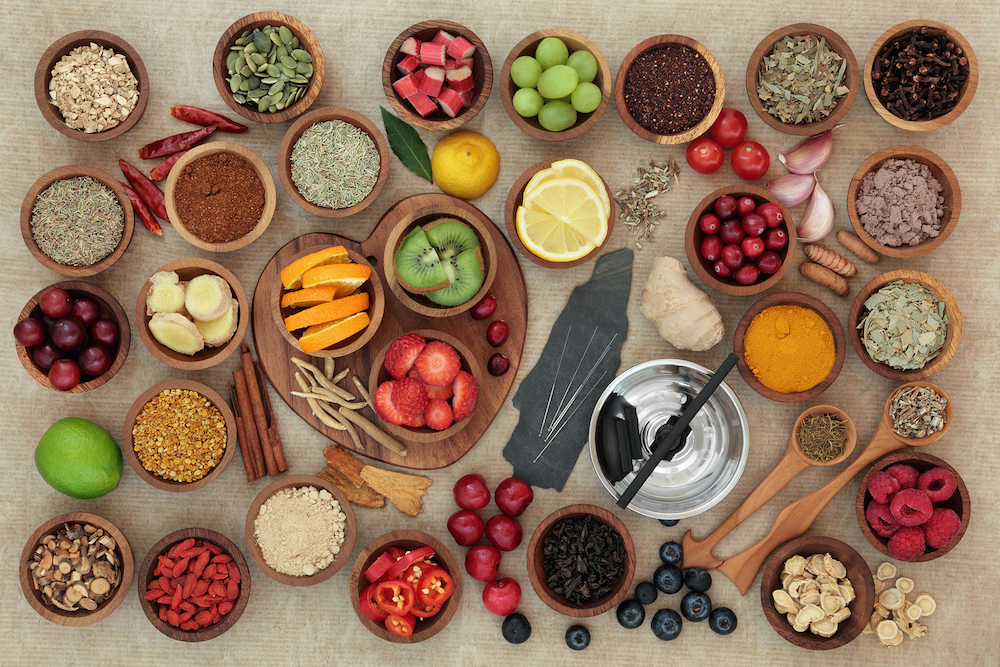[dropcap size=small]N[/dropcap]o one has time to spare on a cold this winter. One thing you can do is beef up your immune system as a first line of defense against common winter-time illnesses. Eating a clean and balanced diet with a daily exercise routine and plenty of quality sleep can help boost your immunity. But there are also specific foods that can add a little extra kick to that according to Dr. Daniel Steffy, Family Medicine Physician, Baylor Scott & White Clinic–Avery Ranch.
By ingesting the right immune “boosters” you’re increasing your own ability to help battle germs and your child’s. Studies have linked a number of foods and nutrients to strengthening the immune system.
Here are the top nutrients and foods to add to your diet to cut down on days missed from work or school this winter:
- Carotenoids: These nutrients increase the number of white cells and serve as a powerful antioxidant. Carotenoids can be found in vegetables that are orange in color, such as carrots and yams
- Bioflavenoids: They can protect cells from environmental pollutants and reduce cholesterol’s ability to form plaque that can lead to heart attacks and strokes. A diet that contains a wide variety of fruits and vegetables, at least six servings a day, will help keep your immune system in top form.
- Vitamin D3: With less daylight in the winter, it can be tough to get enough vitamin D3 from direct sunlight. Supplements are available at most health food and grocery stores. For adults, aim for about 2,000 to 5,000 IU per day of D3. Naturally, different dosing will apply to children.
- Zinc: This valuable mineral increases the production of white blood cells against infection. It’s safest to get your zinc intake from diet. Sources include beef, turkey, beans, oysters and crab.
- Garlic: Garlic stimulates infection-fighting white cells, acts as an antioxidant, and keeps platelets from sticking together and clogging tiny blood vessels. Odorless, tasteless garlic supplements are an option.
- Omega-3 fatty acids: Omega-3 fatty acids, found in flax oil and fatty fish, such as salmon, tuna and mackerel, help minimize inflammation, which is commonly associated with infection. Aim for 2,000 mg daily.
“By ingesting the right immune “boosters” you’re increasing your own ability to help battle germs and your child’s”
It’s often recommend you get as many vitamins and minerals as possible through food, rather than supplements, because the body absorbs nutrients from food more effectively. Before taking any supplements make sure to talk with your healthcare provider about what kinds and amounts are appropriate for you.
In addition to your nutrition, there are certain lifestyle changes that can boost not only your immune system, but also your child’s, including:
- Wash hands often with soap and warm water; also use a hand sanitizer
- Get at least eight hours of sleep
- Maintain a healthy weight
- Maintain your regular exercise schedule, including cardiovascular and strength training
- Reduce or eliminate processed, refined sugar
- Keep stress levels to a minimum
- Get your recommended vaccines according to age and current medical condition
For more information visit www.sw.org or call 512-509-0200.







Recent Comments